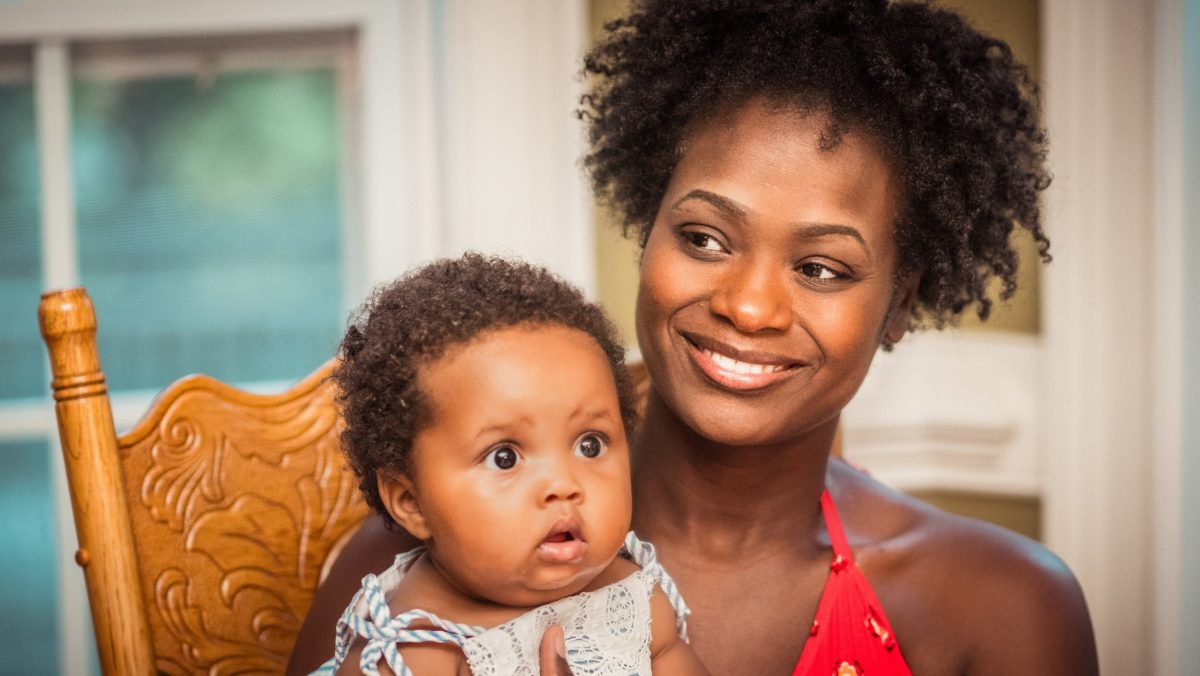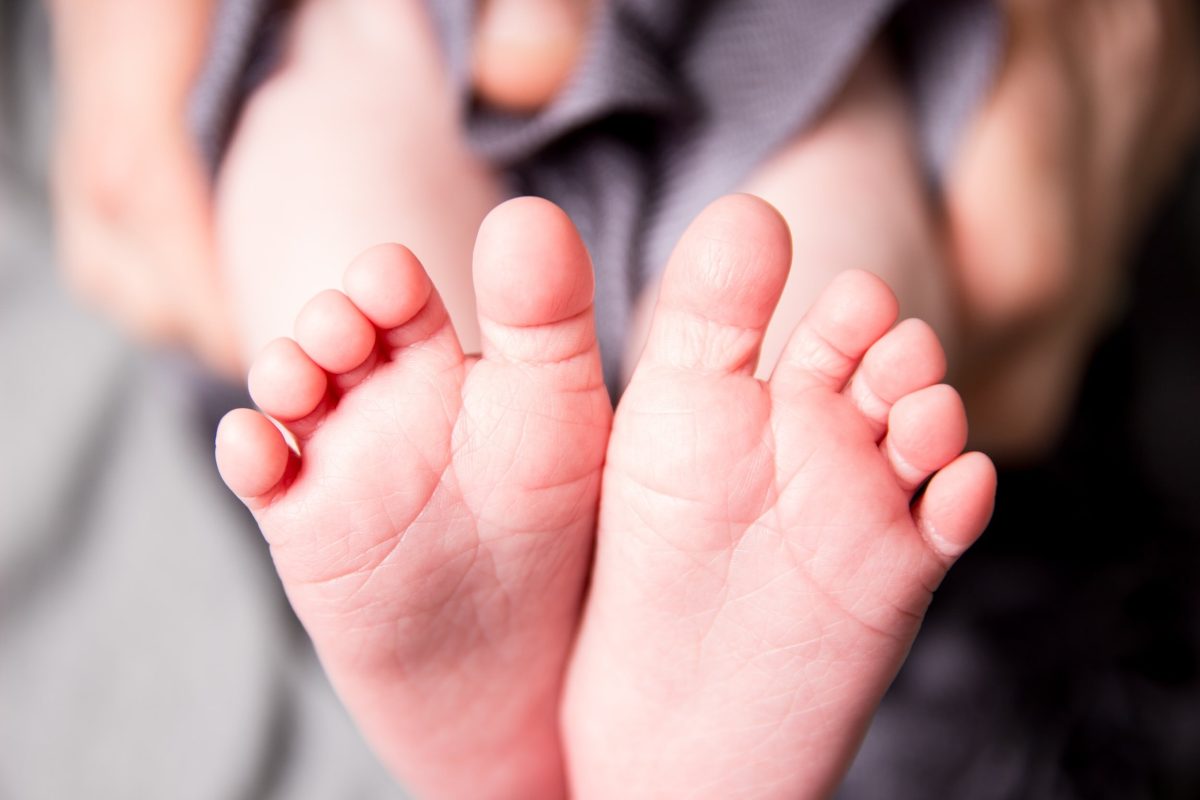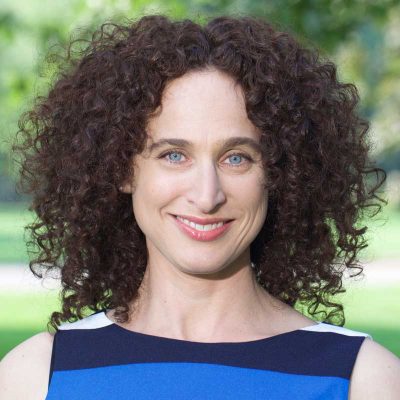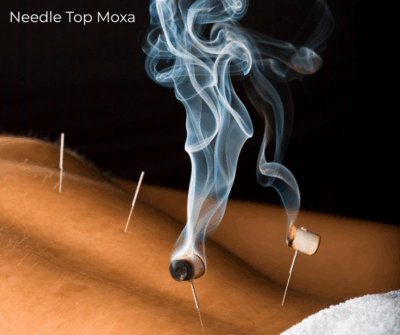How Does Acupuncture Help With Infertility?

April 18-24th is National Infertility Awareness week. At the Acupuncture Clinic of Boulder, Inc. we see patients for both male and female health and fertility concerns. Today, one in ten women have difficulty conceiving. This means perhaps someone you know – a loved one, a friend, or a family member may have been through this or they are currently struggling. There are many reasons couples have difficulties getting pregnant and we work with them at any stage of their journey.
In Western Medicine, infertility is often defined as the inability to conceive after one year of trying. However, women need not wait this long to get their bodies into optimal health for trying to get pregnant. In Traditional Chinese Medicine (TCM) we look at the body through a different lens which means we distinguish the individual pattern of imbalance for each person and treat them accordingly. We can treat women who have received a formal diagnosis from their doctor. Some of these diagnoses may include repeated miscarriage, high FSH, luteal phase defect, PCOS, endometriosis, irregular or anovulatory cycles and unexplained infertility. We can also treat women who do not have a formal Western diagnosis. Our goals with acupuncture and Chinese herbology are to regulate the menstrual cycle, balance hormones, reduce stress, and bring the body back into balance. Typically we ask a patient who arrives at our clinic to make a three month commitment to acupuncture and Chinese herbal therapy. Together we lay the foundation for fertile roots to grow. This allows us to see a woman through three menstrual cycles. Throughout treatments, patients will often notice easier and more consistent menstrual cycles with reduced PMS symptoms, bright red blood flow without clots, and positive ovulation tests.
When we are working with women who have already begun IUI or IVF treatment, we act as an adjunct to their established care, supporting each step of their plan. Measured data shows that people using acupuncture in conjunction with IUI or IVF show a rise in follicle count and size, and an improvement in both the thickness and quality of the uterine lining. We also work with same sex couples and individuals through this process.
In using acupuncture and TCM to treat fertility, we are not looking for the fastest route to pregnancy. Establishing a foundation of better health prior to conception focused on developing the healthiest quality egg and uterine lining as well as helping women care for themselves emotionally, physically, and physiologically. Our treatments often include dietary and lifestyle advice as well as herbal prescribing when necessary and possible. A frequent piece of advice is for our couples, both men and women to remove caffeine while trying to conceive, this is based on a scientific study that shows caffeine use reduces blood flow to the genital region. One way acupuncture works is by promoting blood flow to the uterus and pelvic region, as well as reducing inflammation. As acupuncture helps to regulate the nervous system and reduce stress, this lightens the burden our bodies have to bear, thereby improving fertility. Another recommendation we frequently make is for women to exercise less and in moderation. Hormones are stored in body fat. By no means do we want anyone to be overweight, but both mindfulness and moderation are beneficial to the nervous system. If your body believes there is a famine, the checks and balances system within the body says, “this is not a good month to ovulate, there is not enough nutrition to sustain a life.” At the Acupuncture Clinic of Boulder we combine science based acupuncture protocols, with our knowledge of TCM, and treat each patient with customized individual care. We love working with women’s health and couples on their fertility path.

Sometimes a woman arrives at our clinic, and sometimes a man. Regardless of who takes the initiative, we always ask each party to obtain baseline values indicating fertility health. For women we ask for their FSH and AMH (values indicating both egg reserve and egg quality), and for men, a sperm sample. The sperm a man ejaculates today is 70-90 days old. If we spend time helping a woman achieve optimal fertility and then find out at a later time that their partner is also having difficulties, it will slow down the process of helping a couple achieve their fertility goals. Typically by the time a couple is seeking support, they “were ready to conceive last year.” Anything causing delays in the process creates emotional stress and difficulty. If we have these values from the beginning, we can offer our support and expertise.
Scientifically, a man’s fertility health is measured by the quality of their sperm. Typically there are five values assessed: sperm count, motility, morphology, motility, and viscosity. In short, how many sperm are there? Are they swimming? Are they swimming fast enough and in the right direction? How thick is the ejaculate? If any of these values are off, there is a process of problem solving. We work through a thorough intake form that allows us to ask questions and help offer suggestions. For both men and women we frequently refer to specialists in reproductive endocrinology and also urology. Men can have physical reasons for decreased (or completely absent) sperm counts. Sometimes an obstruction such as a varicocele can cause a blockage preventing sperm from entering the ejaculate. Another condition called a hydrocele can cause inflammation or infection reducing sperm counts. These conditions may be surgical and a client will benefit from acupuncture after their procedure. Other issues may be simply to make dietary changes such as reducing caffeine, discontinuing recreational drugs, stimulants and preservative filled junk food. Sometimes, we may only need to recommend nutritional supplements, and an increase in nutrient rich food including five to seven fruits and vegetables per day, an increase in water, and a decrease in stress. And yes, looser underwear, refraining from long hot bike rides, and staying out of the hot tub are also recommended. Besides the scientific measurements of sperm, we also want to know if a man is able to get and maintain an erection and if there are any other issues (emotional or physical) that may be getting in the way of their conception goals.
Lastly, with all the science, paperwork, and information we have, fertility struggles can be long, arduous, and emotionally draining. By the time many couples arrive at our clinic, except for peak ovulation days, they are not having sex, and those days can be difficult as well. For many men, the performance pressures associated with the “call to action” when a woman is ovulating can be daunting. And for women, the emotional toll of ovulation, waiting, and perhaps a disappointment with getting their period, or the history of a lost pregnancy can make it difficult to connect. We frequently refer couples to do their own personal work and also refer them to couples therapy to help them find their joy and reconnect both sexually and intimately.
Frequently with fertility challenges, people question themselves, and wonder, “why me?”. While conceiving is the product of sperm and egg, many people, many couples, end up feeling alone. We hope we can be a part of the journey that brings people back together. Acupuncture has an effect on endorphins, regulates blood sugar, decreases inflammation, and improves energy. We want you to feel good as individuals and reach your fertility dreams!

Written by Cailey Halloran, L.Ac., Dipl. O.M.
Edited by Erin Pass, L.Ac., Dipl. C.H.
Office on Women’s Health in the U.S. Department of Health and Human Services
Reduction of blood flow impedance in the uterine arteries of infertile women with electro-acupuncture
Elisabet Stener-Victorin, Urban Waldenstrom, Sven A. Andersson, Matts Wikland
Human Reproduction, Volume 11, Issue 6, June 1996, Pages 1314–1317,



